Adoptees are strikingly absent from many conversations regarding care-experienced young people yet their needs and challenges are comparable to their peers remaining in the care system. Children and young people adopted from care become part of a hidden, but no less vulnerable, group in the education system and may be overlooked for allocation of additional support and guidance. Adoption is a relatively unique experience that adds layers of complexity, difference, and vulnerability, to young people’s lives that is poorly understood and under-researched.
For adoptees, a persistent and enduring education attainment gap exists. Experiences of schooling are further impacted by wider contextual factors, such as the construction of a consistent and coherent adoption narrative.
Adopted children are set apart from most of their peers in relation to their experience of early adversities, leading to an entirely different family formation and circumstance, which provides additional layers of complexity in development and consequent adjustment to adoptive life.
Adopted children also deal with different challenges to children and young people remaining in the care system – contending with a notion of life-long permanence as they seek to develop a coherent narrative about their life history. Dual identitiesare experienced by being members of an adoptive family (physically and psychologically present) and, simultaneously, a birth family (psychologically present). Healthy psychological adjustment to adoptive life occurs when a coherent and meaningful sense of identity is formed congruently with the social and cultural environment, including school.
Socialisation of adoption is a useful lens through which to view how an adopted child resolves these adoptive identity issues and dilemmas in contexts that view adoption in a certain way, or at least how it is perceived to be by adoptees. How the socialisation of adoption is experienced in school, and how this may take priority when engaging in school life and study, is a critical issue.
The challenge for school staff appears to be twofold: firstly, to meet adoptees’ specific learning and teaching needs as dictated by their unique experiences, and, secondly, to hold the relational and emotional needs of adopted children and their families at the forefront of their approach. Opportunities to openly and sensitively discuss adoption within the school are vital, without which children find making sense of past experiences increasingly problematic, and may encounter challenges when resolving identity issues.
Adoptive parents become meaning-makers of their child’s life story, achieved through open communication about adoption, acting as moderators of childhood memories and caretakers of items related to early life, which in turn supports healthy adoptive identity development. When a child enters a new school, a temporary loss of meaning-maker may be experienced.
It is possible that adopted children actively seek to resolve this loss by recruiting school staff (and peers) as an extended family of meaning-makers. Specialist awareness and up-to-date knowledge of adoption are required to successfully fulfil this role. The ability of school staff to provide continuity in the meanings made by adoptive parents could be pivotal in healthy adoptive identity development. Consistent and coherent messages from those in a position of parental responsibility should facilitate healthy identity development and lead to a more positive experience of school.
By Andrew Brown, Rees Centre, University of Oxford

This Blog is part of our ExChange conference, “Reframing Adoption”
To find more resources on this topic, check out the conferences below.

